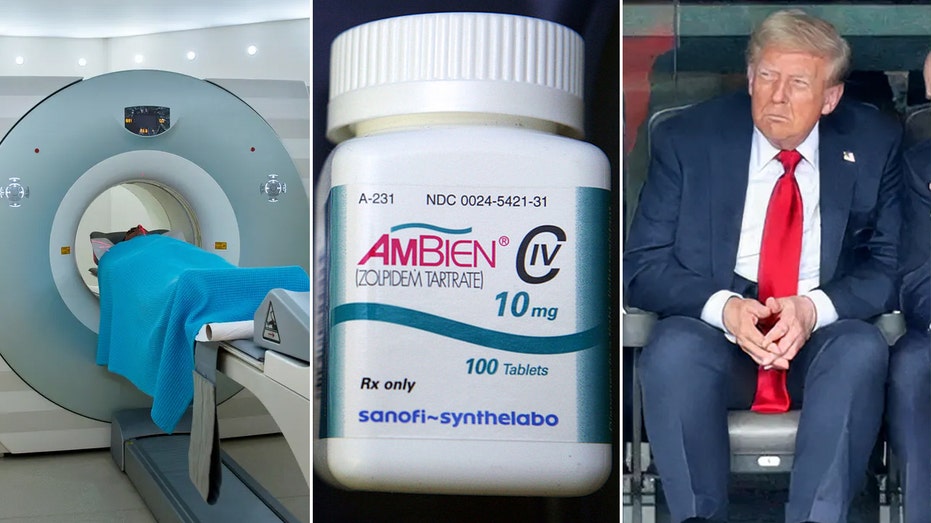New Blood Test Offers Breakthrough in Diagnosing and Staging Alzheimer’s Disease

Sarah Johnson
April 4, 2025
Brief
A new blood test accurately diagnoses Alzheimer’s disease and tracks its progression by measuring tau protein levels, promising more accessible, personalized dementia care and treatment decisions.
Researchers have developed a revolutionary blood test that not only diagnoses Alzheimer’s disease but also gauges how far it has progressed. This game-changing study, published in the Nature Medicine journal, could pave the way for more effective and personalized treatments for dementia patients.
Led by scientists from Washington University School of Medicine in St. Louis and Lund University in Sweden, the research focused on a protein called MTBR-tau243, which correlates strongly with tau accumulation in the brain—one of Alzheimer’s defining features. The test demonstrated a remarkable 92% accuracy when compared to traditional brain scans.
Unlike earlier blood tests that detect amyloid plaques, this is the first to measure tau levels, a protein responsible for forming "tangles" in the brains of Alzheimer’s patients. These tangles interfere with cognitive functions, and the study found that tau levels were 200 times higher in patients with late-stage dementia compared to early stages. Tau tangles typically follow the formation of amyloid plaques, which are considered the initial markers of the disease.
Dr. Randall J. Bateman, one of the study's senior authors, emphasized that current diagnostic tools, like PET brain scans, are expensive and often inaccessible for many patients. This new blood test could provide a simpler and more affordable alternative while offering a definitive measure of Alzheimer’s symptoms and progression.
"This blood test clearly identifies Alzheimer’s tau tangles," Bateman explained, "and may help doctors decide which treatments are optimal for their patients." The hope is that a staging blood test could usher in an era of personalized medicine, tailoring treatments based on the disease’s progression in individual patients.
PET scans, while useful, remain limited by their high cost and availability issues outside major research centers. Dr. Kanta Horie, another author of the study, noted how the test could guide treatment choices—anti-amyloid therapies might be more effective in early-stage patients, while anti-tau therapies could benefit those in advanced stages.
Dr. Daniel Lesley, a neurologist not involved in the study, hailed the research as a step closer to finding a cure or control mechanism for Alzheimer’s. "This correlation shows promise for future research, despite its current limitations in real-world applications," Lesley said.
The study calls for further validation in larger and more diverse populations to assess its implications for the general public. However, its potential to transform Alzheimer’s care is undeniable, offering hope to millions affected by this devastating disease.
Topics
Editor's Comments
Finally, a blood test that does more than diagnose! This could be the start of doctors playing matchmaker between treatments and disease stages. Personalized medicine for Alzheimer's sounds like a long-overdue upgrade, but let's hope this doesn’t get stuck in the pipeline of 'further research' forever. Also, can we talk about how PET scans are basically VIP-only right now? Time to democratize health tech!
Like this article? Share it with your friends!
If you find this article interesting, feel free to share it with your friends!
Thank you for your support! Sharing is the greatest encouragement for us.



